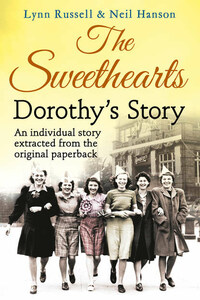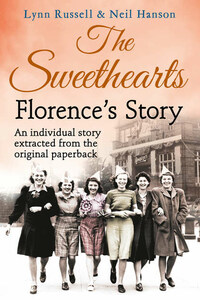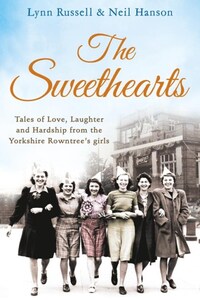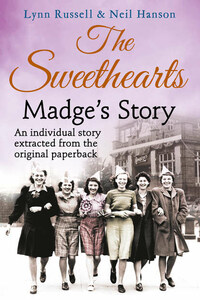Dorothy’s story

This is Dorothy’s story, one of five stories extracted from THE SWEETHEARTS.Whether in wartime or peace, tales of love, laughter and hardship from the girls in the Rowntrees factory in Yorkshire.“‘Every Friday when we got paid, they used to come round with your pay packet and a tin for charity and you’d put a penny in, and they’d go round all the machines for people to put money in. That was a very Rowntree’s thing to do.’ Dorothy gave all her pay to her grandma for her board, but was given back five shillings for herself. She loved the cinema: ‘I’d put on as much make-up as I thought my grandmother would let me get away with and my friends and I would go to the pictures two or three times a week. We’d all have a good look around and see who was there and what was going on. It used to make me smile when I’d see girls who had been sitting with one boy before the interval, settling down with a different boy as the lights went down again.’…”From the 1930s through to the 1980s, as Britain endured war, depression, hardship and strikes, the women at the Rowntree’s factory in York kept the chocolates coming. This is the true story of The Sweethearts, the women who roasted the cocoa beans, piped the icing and packed the boxes that became gifts for lovers, snacks for workers and treats for children across the country. More often than not, their working days provided welcome relief from bad husbands and bad housing, a community where they could find new confidence, friendship and when the supervisor wasn’t looking, the occasional chocolate.










